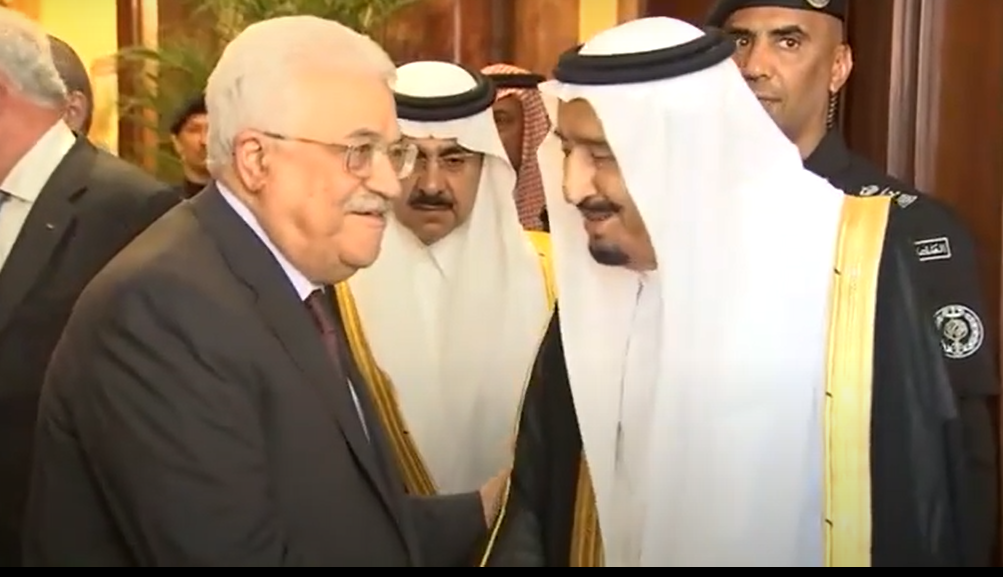The Saudi leadership views the weakening of Hamas, an affiliate of the Muslim Brotherhood labeled as a terrorist organization by Saudi Arabia, as a positive outcome of Israel’s actions in Gaza.
Consequently, Saudi Arabia is now leaning towards aligning itself more closely with the Palestinian Authority (PA), anticipating its eventual governance over Gaza and international backing for this transition.
During the Munich Security Conference on February 19, Saudi Foreign Minister Faisel bin Farhan emphasized the PA’s capability, with international support, to administer both the West Bank and Gaza post-conflict.
However, he underscored the necessity of a clear path towards the establishment of a Palestinian state as a precondition for normalization with Israel.
Bin Farhan also voiced opposition to Israeli plans for the Rafah area and highlighted the dire humanitarian situation in Gaza, stressing the urgent need for a ceasefire and increased humanitarian aid.
Notably absent from bin Farhan’s discourse was direct mention of Hamas’s recent actions, including attacks and the mistreatment of Israeli hostages, indicating Saudi Arabia’s prioritization of Palestinian statehood over engagement with Hamas.
Before the Gaza conflict, Saudi Arabia had engaged in discreet talks with Israel without setting preconditions for normalization.
However, the conflict prompted a change, with the Biden administration allegedly encouraging Saudi Arabia to raise its demands, particularly regarding Palestinian statehood.
Furthermore, Saudi Arabia’s suspension of financial aid to the PA due to corruption concerns reflects a broader insistence on reforms within Palestinian institutions.
The Saudi stance on normalization, including its alignment with the Biden administration on Gaza aid and insistence on Palestinian statehood, presents significant hurdles to immediate progress.
With ongoing IDF operations in Gaza and strategic concerns regarding security zones and settlements, Israel finds Saudi Arabia’s preconditions unacceptable and incompatible with its security interests.
Given the complexity of the situation and the potential for changes in the US administration, Prime Minister Netanyahu may opt to postpone negotiations until after the US presidential elections, anticipating possible shifts in dynamics that could facilitate a more favorable outcome for Israel.




